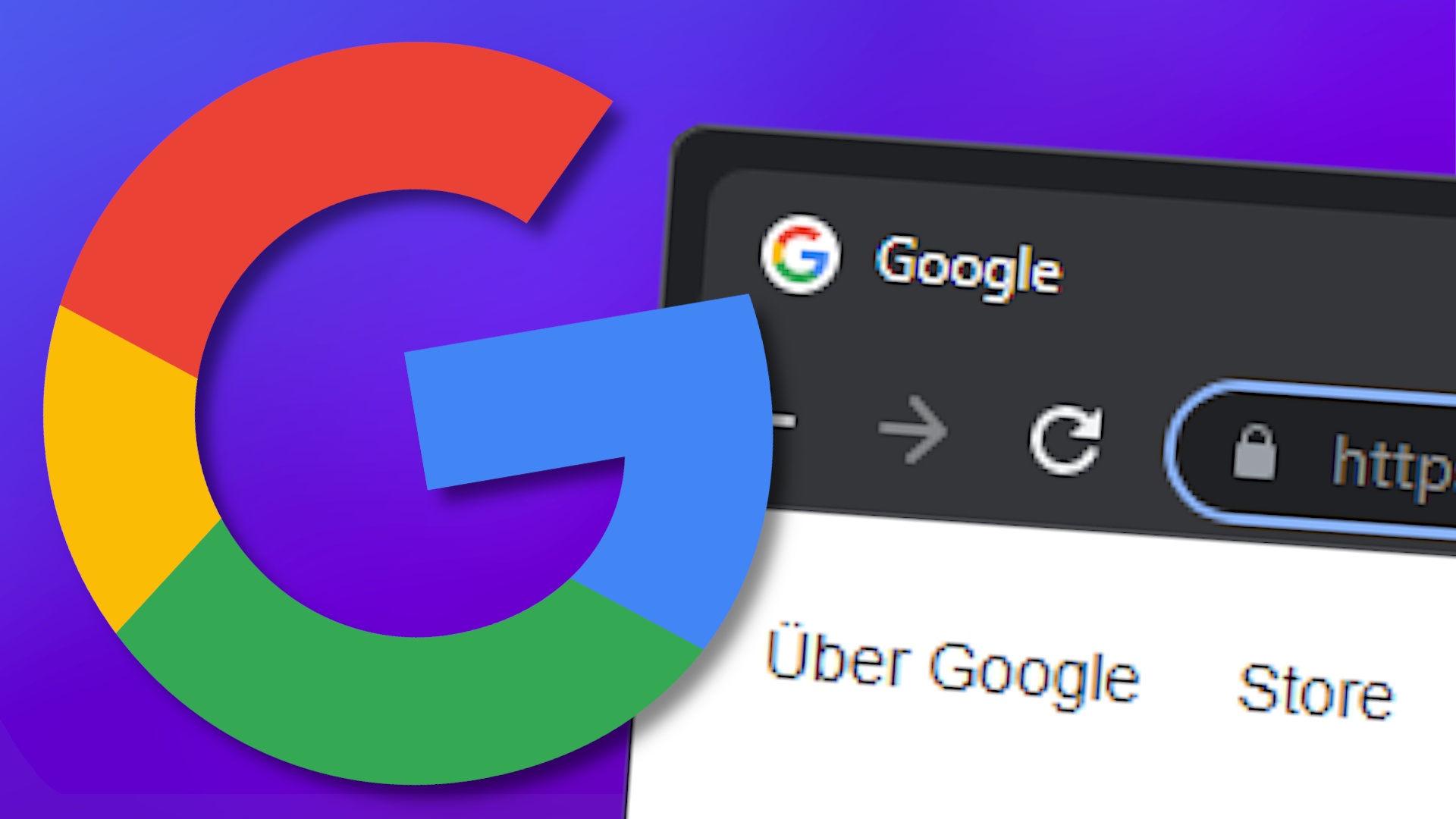It’s no secret that surfing the Internet accumulates countless amounts of data at lightning speed. Nor that said data is often and happily tr ansmitted to corporations in order to either show you personalized advertising, to optimize the offer or simply to measure access numbers and other variables.
The biggest player in this field is probably Google. No wonder, after all, a large part of the search engine giant’s business is still based on advertising and other services that rely on knowing you as an individual or at least as part of a target group as well as possible.
But how often data is actually transmitted when you use your browser is surprising. A Dutch developer came up with something special and, with the help of a small program, turned the digital drive to collect into an auditory experience.
You’ll get a beating
The developer Bert Hubert apparently wanted to know exactly and has a tool called googerteller
programmed that plays a short signal tone every time the browser used radios a server from Google. A list of IP addresses is used for this, which covers most of the Google services.
The result: a true concert! But it’s best to hear for yourself:
link to Twitter content
If you listen, you will quickly notice: The data transfer begins as soon as you type in the address line. This is not a big surprise, as the autocomplete usually uses Google as a source. But even when you subsequently visit a Dutch government website, the tool hardly falls silent for more than a second.
Even when moving the mouse over the page without clicking an element, beeps are heard. Here, too, it becomes clear relatively quickly which Google service is probably involved here: Google Analytics. The service is used by countless websites to observe the behavior of visitors on their website and to draw conclusions from it.
Mind you: This does not only affect Google’s own Chrome browser. Bert Hubert intentionally recorded the above video with Firefox to refute such arguments.
Of course, we also use Google to automatically complete your search queries.
A scandal? Everyone has to decide that for themselves. Of course we prick up our ears when it comes to collecting data. But in this case, it doesn’t have to be all about sensitive data that is precisely assigned to a person. Above all, Google Analytics also collects anonymous data, such as the operating system used, the time spent on a page or click behavior.
Nevertheless, this brisk background activity may well raise eyebrows and cause a queasy feeling in one or the other. After all: You can turn off the automatic completion in your address line in any common browser.
Do you want to test the tool yourself? No problem, because Bert Hubert has it Source code published on Github, so that you can compile the program yourself. Small catch: It only works on Linux.
E-mail addresses are also gladly passed on without your knowledge. A simple trick that works with Gmail, Outlook and other common providers tells you which company you can only trust to a limited extent:
What do you think of Bert Hubert’s auditory experiment? Did you already expect such a result or are you still shocked that so much communication is going on in the background? Let us know what you think about the topic in the comments!










